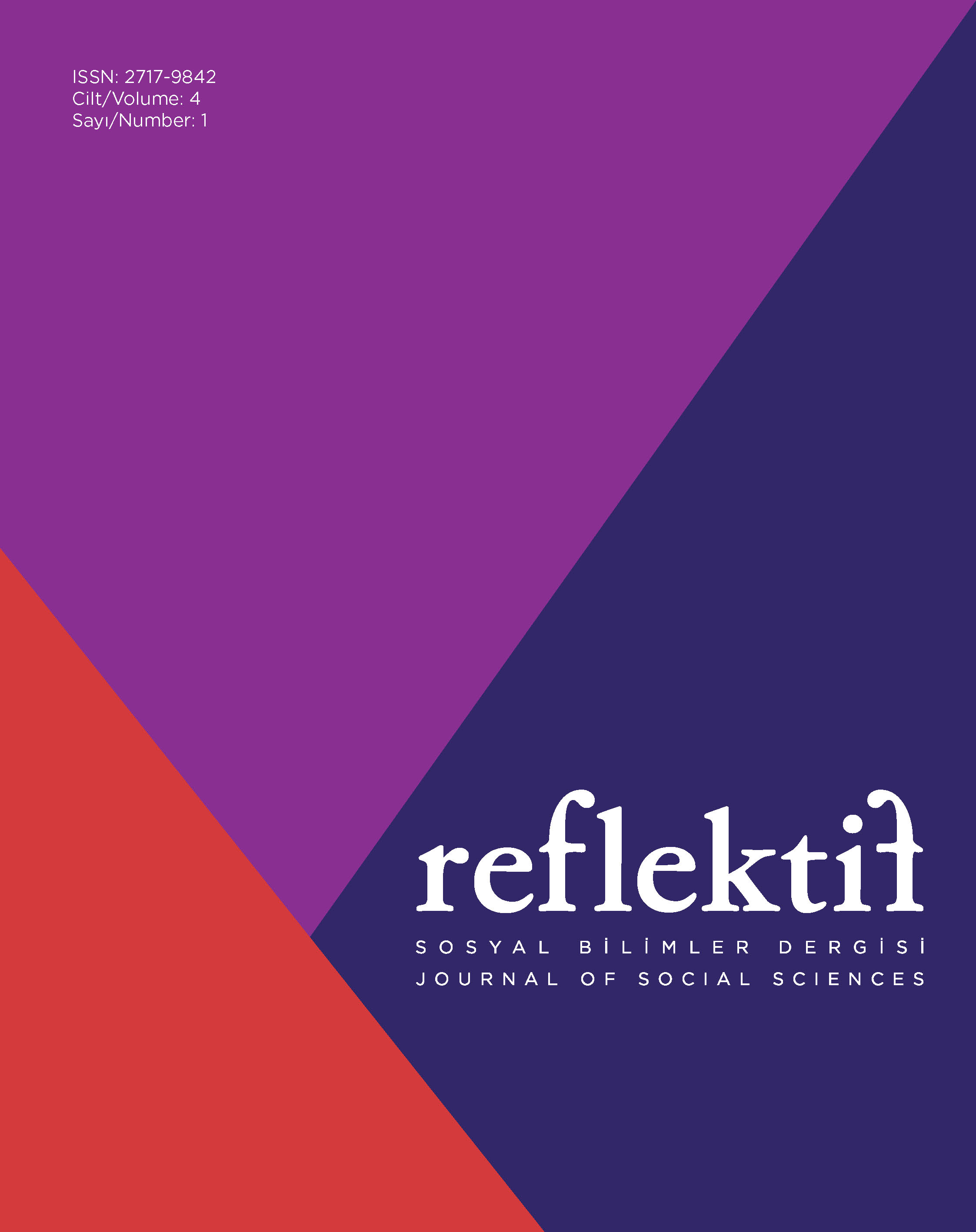Türkiye’nin Yeni Cumhurbaşkanlığı Rejimi: Kırılganlık, Direnç, Tersine Dönebilirlik
DOI:
https://doi.org/10.47613/reflektif.2023.98Anahtar Kelimeler:
Türkiye, başkanlık rejimi, sağ popülizm, krizler, kimlik politikalarıÖzet
2023 Haziran’da gerçekleşecek Cumhurbaşkanlığı Seçimleri ve Genel Seçimler, Türkiye’nin siyasi gidişatı için çok önemli bir dönüm noktası olma potansiyeline sahip. Türkiye, seçim sonuçlarına bağlı olarak, kendisini demokrasinin yeniden inşa edildiği veya var olan rekabetçi otoriter rejimin daha da konsolide olduğu ve derinleştiği bir senaryoyla karşı karşıya bulabilir. Bu makale, yeni başkanlık sistemi altında geçen son dört yılın kritik bir değerlendirmesini yaparken aynı zamanda Türkiye’nin deneyimini genel anlamdaki sağ popülizm tartışmaları çerçevesinde anlamlandırmaya çalışıyor. Ana hipoteze göre devam eden ekonomik kriz, belirli bir ölçüde, AKP’nin ve Cumhur İttifakı’nın halk içerisindeki popülerliğini zayıflattı. Diğer bir taraftan, yönetimdeki koalisyonun ekonomik büyümenin devamlılığını sağlamasıyla beraber kimlik politikaları ve iç politika – dış politika etkileşimi gibi farklı dinamiklerde gösterdiği direnç, seçim öncesi dikkate alınması gereken unsurları oluşturuyor.
İndir
Yayınlanmış
Nasıl Atıf Yapılır
Sayı
Bölüm
Lisans
Telif Hakkı (c) 2023 Ziya Öniş

Bu çalışma Creative Commons Attribution-ShareAlike 4.0 International License ile lisanslanmıştır.
REFLEKTİF Sosyal Bilimler Dergisi'ne yayımlanması için değerlendirilmek üzere gönderilen makaleler, daha önce herhangi bir ortamda yayınlanmamış veya herhangi bir yayın ortamına yayınlanmak üzere gönderilmemiş olmalıdır.
Makalelerin yayıma kabul edilmesi durumunda ticari amaç da dahil olmak üzere ve aynı lisansı kullanılmak şartıyla, çalışmanın başka çalışmalarla birleştirilmesi, çalışmanın üzerine yeni bir çalışma yapılması ya da farklı düzenlemeler yapılmasına izin verilir.
REFLEKTİF Sosyal Bilimler Dergisi'nde yayınlanan çalışmaların telif hakları yazarına aittir. Yazarlar çalışmalarını çoğaltmak ve yaymakta özgürdür.







